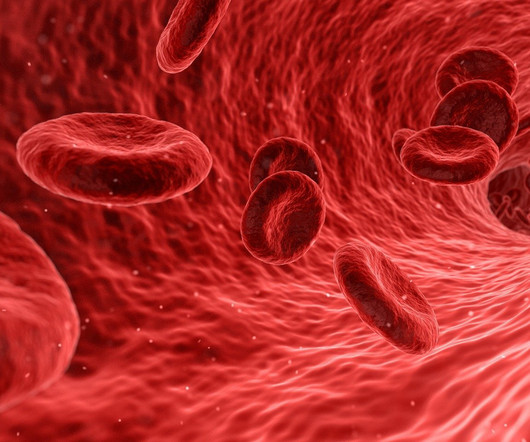Position Statement on Measurement Based Care
Integrated Care News by CFHA
MAY 19, 2025
MBC supports optimal clinical practice, demonstrates the value of integrated care teams, and improves outcomes. Rather, it is an evidence-based, collaborative process that mirrors the well-established framework of using physical symptom monitoring (e.g., MBC is much more than simply administering behavioral health measures.













Let's personalize your content